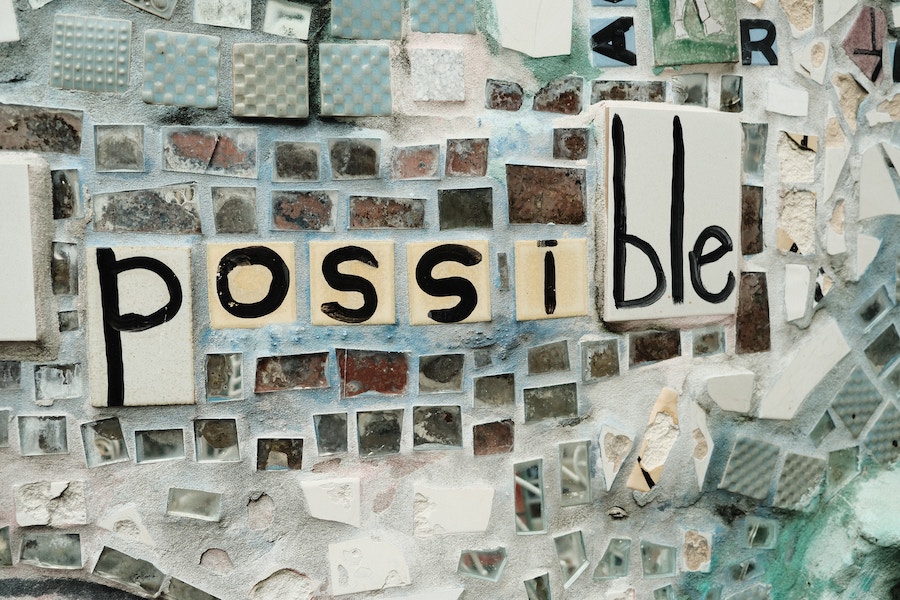By Curt Collier
What does it mean to be religious? The philosopher John Dewey, in a brief book called “A Common Faith” (1934), set forth on such a conversation by asking what religiosity would look like if freed of dogmatism, supernaturalism, and religion itself. In the opening part of the book, he introduces the terms “accommodation” and “adaptation” to describe two different orientations of traditional religion, which he would later oppose.

The vicissitudes and challenges of human existence often leave us on shaky footing. How do we live in such a world where change can bring both fortune or famine? According to Dewey, there is a natural tendency within religious traditions to want to soothe the soul in these situations. Life is full of challenge, traditional religion might argue, and is often not what we dreamed and hoped for, but you need to accept that. Thus, through various religious practices and beliefs, we adjust ourselves and simply accommodate to the world around us. What needs change, they argue, is not so much the world outside, but you within.
How do we know what cannot be changed?
Adaptation, Dewey argued, was a slightly related approach and can be summed up as an orientation to work toward changing the things you can while recognizing there are things you can’t. We can hear this in theologian Reinhold Niebuhr’s Serenity Prayer; “God, grant me the serenity to accept the things I cannot change, the courage to change the things I can, and the wisdom to know the difference.” This is surely good advice. Always the realist and an advocate for social change, Niebuhr argued that “Man’s capacity for justice makes democracy possible; but man’s inclination to injustice makes democracy necessary.” Wise words indeed, but the inherent problem with simply accepting what cannot be changed is once again, how do you know that?
For Dewey, however, religiosity without religion encompassed a third approach; to be ever open to new possibilities. Rather than simply accept the world around us and change what we can, Dewey wrote that to be truly religious was to be fully open to what life can offer, and to always explore such possibilities. “Faith,” he wrote, “in the continued disclosing of truth through directed cooperative human endeavor is more religious in quality than is any faith in a completed revelation.” The goal for Dewey was not to inculcate a set of beliefs about God and the world, but to emancipate the mind, to open oneself up to new experiences, and to reflect . . . through shared inquiry . . . on what new truths could be revealed. If you hear hints of Felix Adler in all of this, it’s not by accident. Both taught at Columbia, Dewey participated in Adler’s philosophy club there, and Adler influenced Dewey and vice versa. (Dewey was the keynote speaker on the 60th anniversary of Ethical Culture).
The world is always more than we imagine
There is a bit of truth in all three approaches, to be sure. Life is hard, and a little acceptance of the human condition is necessary for mental wellbeing. We do need to work toward changing the things we can, especially if those conditions tear at the worth and dignity of life. However, for some of us, religiosity is about the ongoing consideration of possibilities. The world is always more than we imagine, and spiritual efforts to help bring new insights–of what life can be–to fruition is, for some of us, more exciting than simply accepting what is.
Many of us struggle to explain how Ethical Culture is, or is not, a religion, and I think the problem is that many of us reject the traditional definitions of what constitutes religious expressions and beliefs. However, simply saying “we are not that,” is unsatisfying, because it doesn’t capture what is so inspiring about our way of life. Saying that we are a nontheistic religious tradition doesn’t convey what is so electrifying about what we do believe. In the end, perhaps what we are left with is simply to say that Ethical Culture is working with others to explore the possibilities of life itself and to share what we have learned.
I know that still doesn’t work for many, even within our movement, and may leave outsiders scratching their heads. Still, when I join a crowd of protestors moving down a street, listen to a lecture by an astrophysicist, or weep my way through another amazing Broadway play, I’m happy to feel a part of all of that, even if I still lack the word to describe it.
Curt Collier is leader of the Ethical Culture Society of Bergen County.
